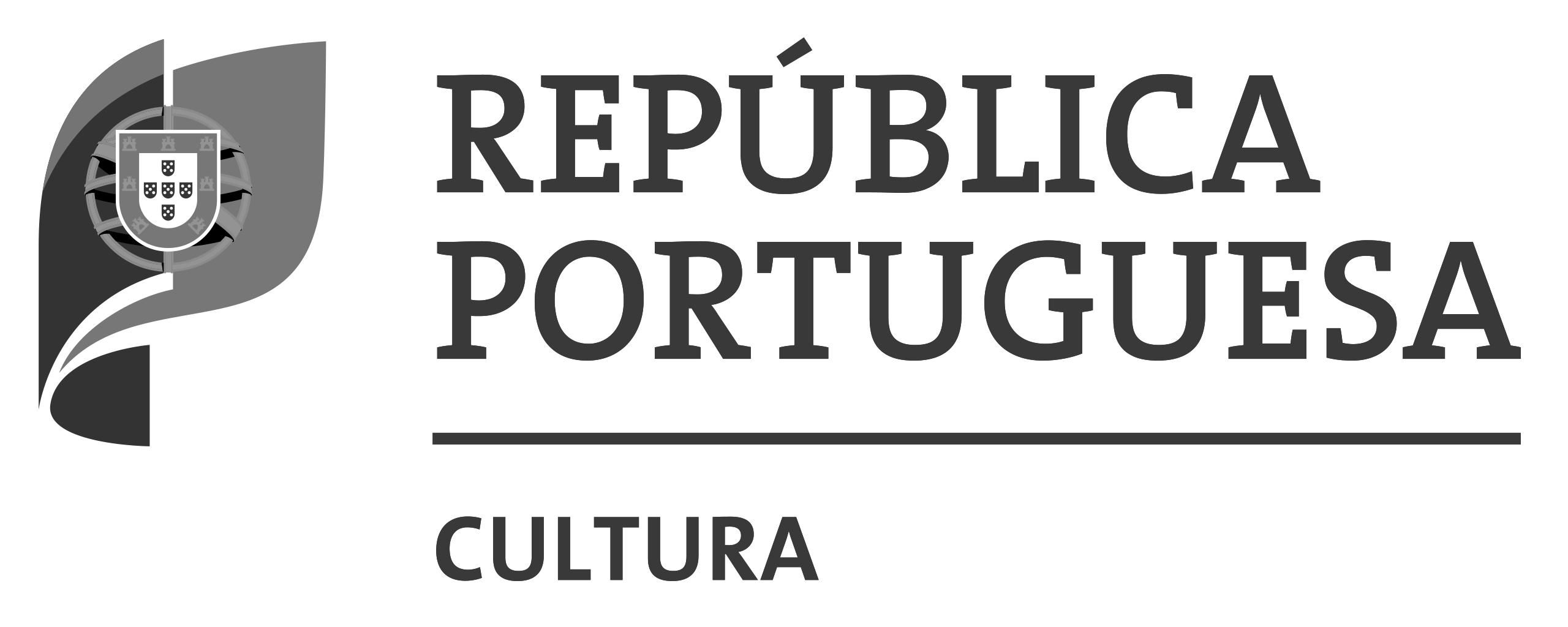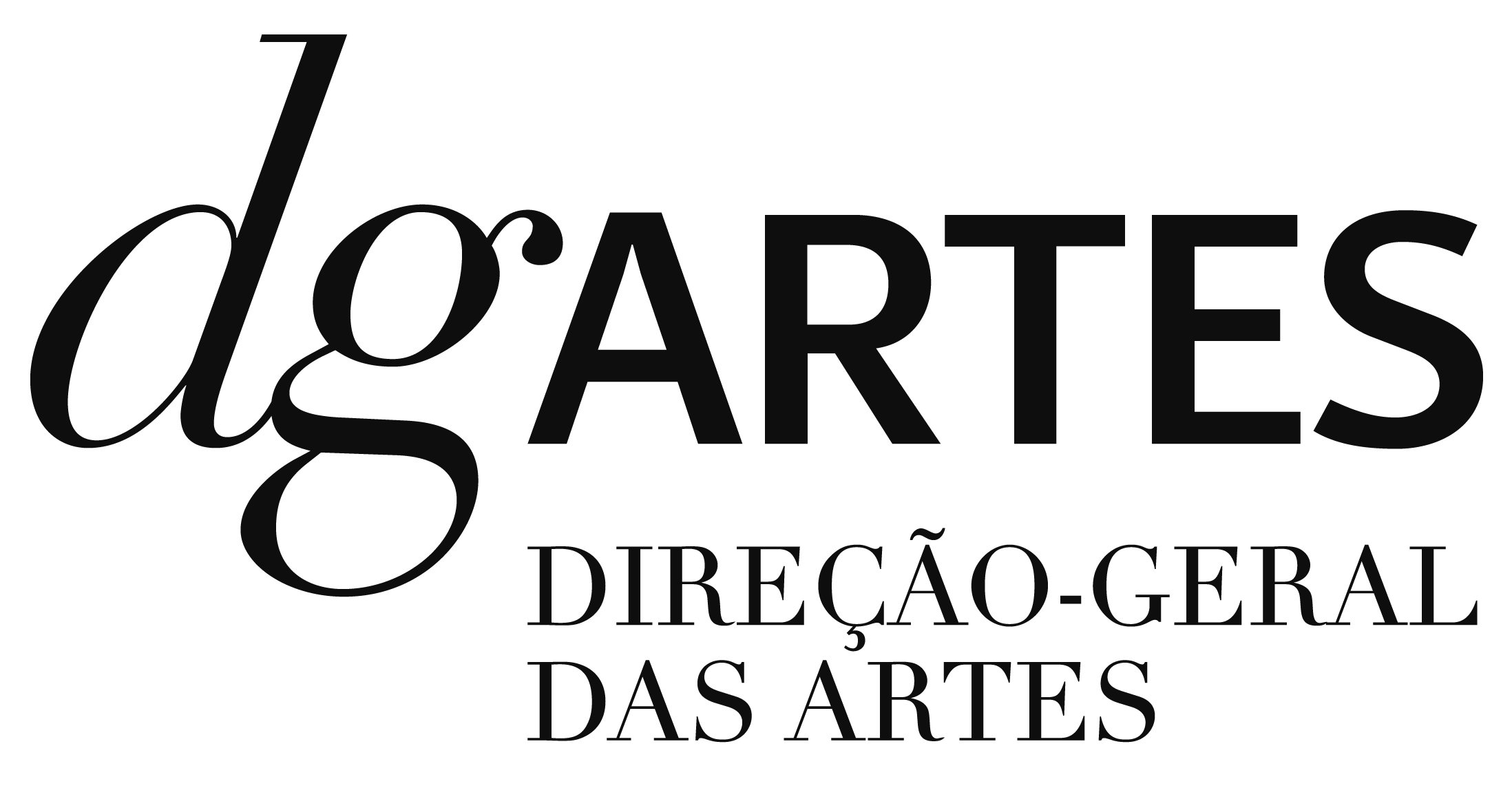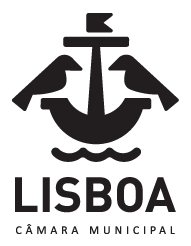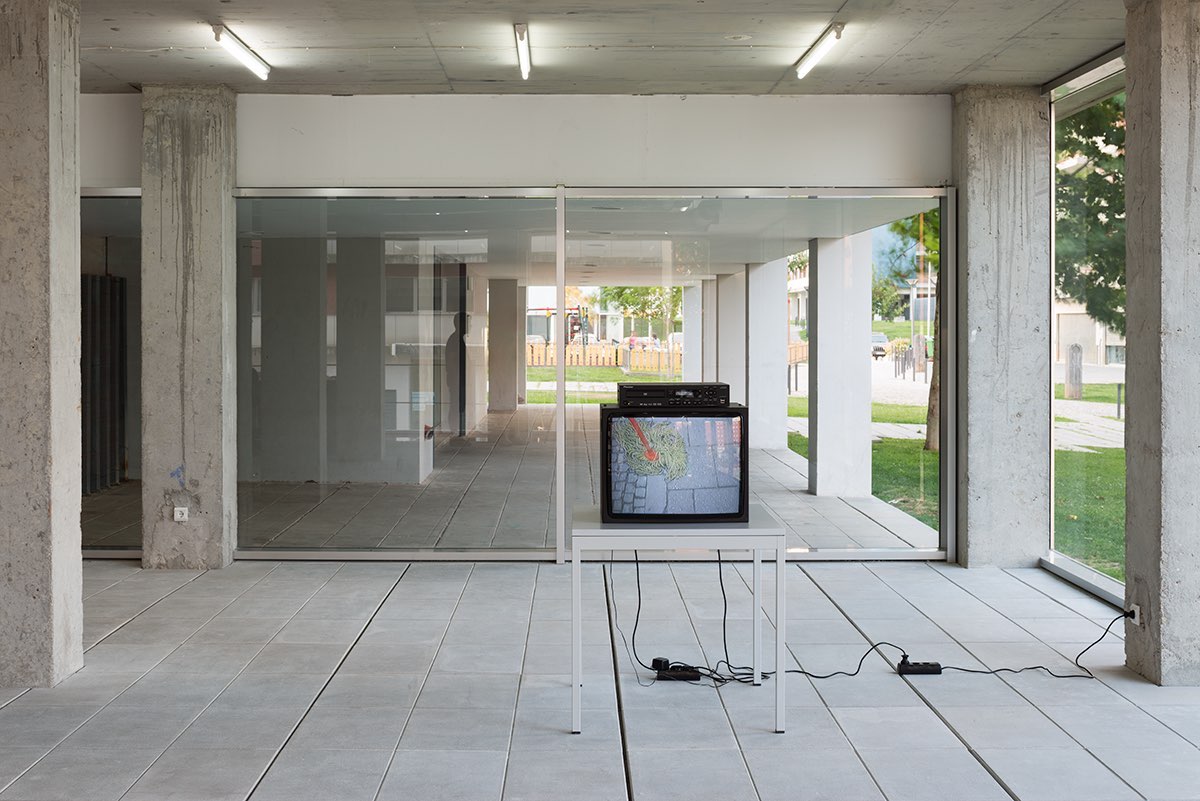
The recent development of curatorship as a museological practice, as well as its affirmation as an autonomous field of research, has brought important transformations to the practices, methodologies and models of both Art History and Art Criticism. It is not a confron- tation or an opposition, but a transformation of the configuration of the territories of each of these disciplines.
These deferrals have established an understanding of art that helped charge the art exhibition with ethical and political values beyond distinct notions of the aesthetic and the nonaesthetic. The fact that the integration of critique in the form of guides, wall texts, panel discussions and screenings, have long raised debates about the art exhibition’s shift from the aesthetic to the didactic, lets us ask about the current legitimization of “common goods” (Tyzlik-Carver) within the expanding network between artistic/ curatorial, discursive/academic, and participatory/political projects. One popular strategy is rhetoric as “learning from.../unlearning” (see e.g. the current documenta) and “test run” (see Latour) referring to the uncertainties and insecurities of the global crisis that demands new methods and concepts.
The displacement of curatorial practices from a focus on the ideas of style, authorship and historical period, to a broader political and expanded idea of exhibition, has consequences that must be identified and discussed. Transformations are verified not only in the need to redefine the different fields of the disciplines dedicated to the visual arts, but also to revise the idea of museum, art and artist.
Sabeth Buchmann is an art historian and critic who lives and works in Berlin and Vienna. She is Professor of History of Modern and Postmodern Art at the Academy of Fine Arts (Vienna). Together with Helmut Draxler, Clemens Krümmel, and Susanne Leeb she co-edits PoLyPen, a series on art criticism and political theory, published by b books, Berlin). Recent publications include: Putting Rehearsals to the Test. Practices of Rehearsal in Fine Arts, Film. Theater, Theory, and Politics (co-ed. with Ilse Lafer and Constanze Ruhm, 2016); Textile Theorien der Moderne. Alois Riegl in der Kunstkritik (ed. with Rike Frank, 2015); Hélio Oiticica, Neville D’Almeida and others: Block-Experiments in Cosmococa (with Max Jorge Hinderer Cruz, 2013); Film Avantgarde Biopolitik (ed. with Helmut Draxler and Stephan Geene, 2009); Denken gegen das Denken. Produktion – Technologie – Subjektivität bei Sol LeWitt, Yvonne Rainer und Hélio Oiticica (2007); Art After Conceptual Art (ed. with Alexander Alberrro, 2006).
Seminar
Monday (29.05.) 17h–19h, Tuesday (30.05.) 14h30–18h30, Wednesday (31.05.) 11h–14h
Panel Discussion
with Sabeth Buchmann, Joana Cunha Leal and João Ribas, moderated by Jürgen Bock, Wednesday (31.05.) 18h
Auditorium Goethe-Institut Portugal
Campo dos Mártires da Pátria, 37, 1169-016 Lisbon
Maumaus
Avenida António Augusto de Aguiar, 148 - 3º C
1050-021 Lisboa, Portugal
Monday to Friday, 10h00 to 13h00,
14h30 to 19h00
Tel: + 351 21 352 11 55
maumaus@maumaus.org
Upcoming:
Manthia Diawara
AI: African Intelligence
mumok, Vienna
12.03.2026
ARTIUM museoa, Vitoria-Gasteiz
14.03.2026
The lecture will be in English. Entry is free and limited to the number of seats available.
Upcoming:
Manthia Diawara
Angela Davis: A World of Greater Freedom
Batoto Yetu Portugal, Caxias
Screening | 15.11.2025 | 14h30
The lecture will be in English. Entry is free and limited to the number of seats available.
Upcoming:
Howard Singerman
Local Art Worlds (or Imaginary Geographies with Real Effects)
Goethe-Institut, Auditorium
Seminar | 24, 25, 26.06. 11h – 13h, 14h – 16h
Registration is free but limited to the number of seats available. Please send an email with a short CV to admin@maumaus.org by 15.06.2025. Confirmation of registration will be sent by email. The seminar will be in English.
Lumiar Cité
Rua Tomás del Negro, 8A
1750-105 Lisboa, Portugal
Wednesday to Sunday, 15h00 to 19h00
or by appointment.
Tel: + 351 21 755 15 70
lumiar.cite@maumaus.org

Maumaus/Lumiar Cité is funded by República Portuguesa – Cultura, Juventude e Desporto/Direção-Geral das Artes. With the support of Câmara Municipal de Lisboa and Junta de Freguesia do Lumiar.







